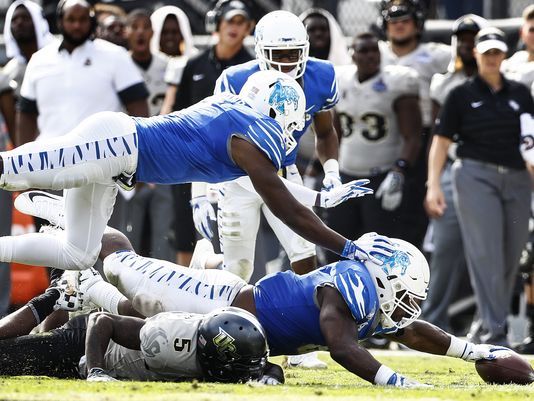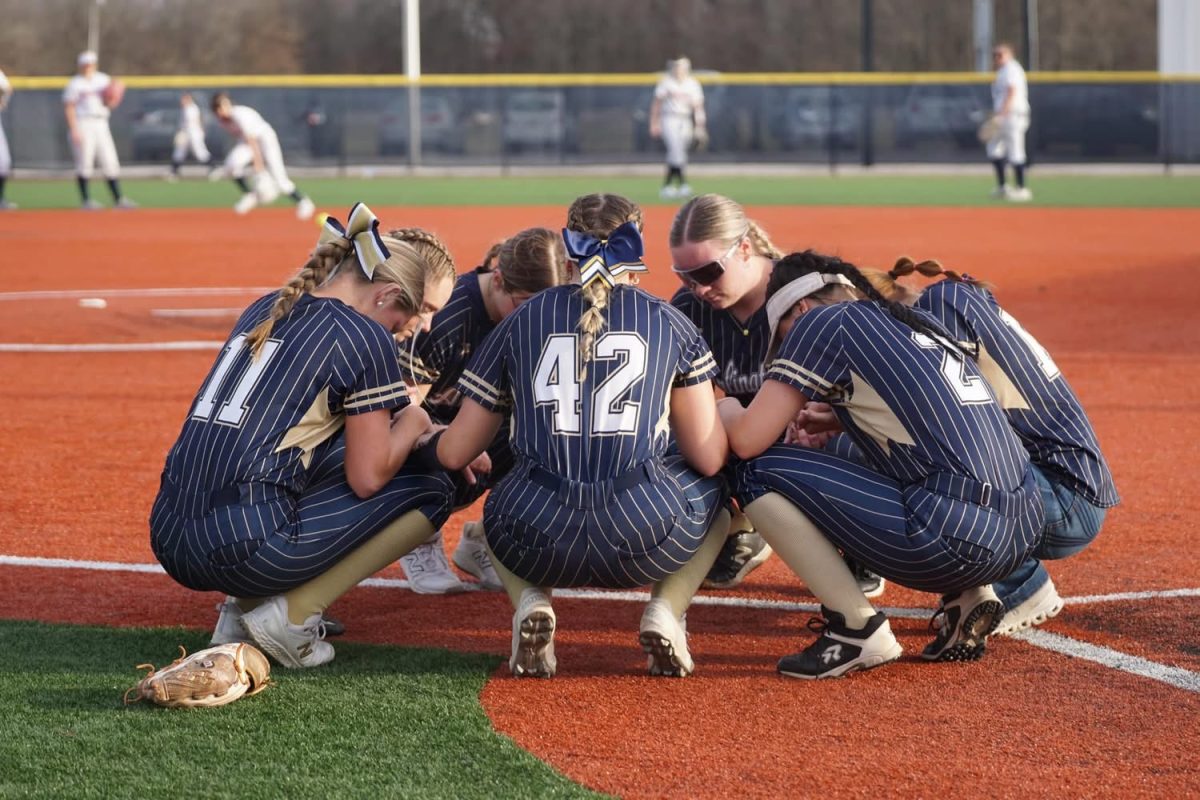
• 12 wins and an undefeated record
• 7 wins against bowl eligible teams
• Conference champion
• 9th Best Strength of Record (Source: ESPN)
• Highest scoring offense in the nation
• QB with a rating only lower than the Heisman Trophy winner
Sounds like a college football powerhouse going to the College Football Playoffs (CFP), right?
You would be wrong… about the playoff part. In fact, this team never made into the top 11 of the College Football Playoff rankings. The University of Central Florida (UCF) Golden Knights were placed behind 6 teams with two losses or more. Also, 6 of the teams ranked ahead of them did not win their conference championship. One consistency with the teams in front of the Knights, is the fact that they all belong to a so called “Power 5” Conference.
The “Power 5” is made up of the Atlantic Coast Conference (ACC), Big 10, Big 12, Pacific- 12 Conference (PAC-12), and the Southeastern Conference (SEC). These conferences are perceived to be the best because they have the best teams, the most tradition, and the most money. According to USA Today, the Top 45 revenue earning schools are all from these conferences. When it comes to contracts with television networks, the “Power 5” takes the word lucrative to another dimension. According to Sports Illustrated, the “Power 5” makes about 1.3 billion more yearly than the “Group of 5” conferences. The “Group of 5” is made up of the American Athletic Conference (AAC), Conference USA, Mid-American Conference (MAC), Mountain West Conference, and the Sun Belt Conference. To put it simply, it is generally believed the “Power 5” are the predators at the top of the college football food chain, and the “Group of 5” is the prey at the bottom.
Back to the UCF situation. You may still be wondering why they did not even land in the discussion for being in the CFP. The main and pretty much only thing that most believe holds UCF back, is the lack of a “strong schedule.” Yet as addressed earlier, UCF has played and beaten 7 bowl eligible teams. The fourth and final team to get into the playoffs, the Alabama Crimson Tide, played 8 bowl eligible teams, just one more than UCF. They beat 7 of them, with their sole loss at the hands of then #6 Auburn. One of their wins was against Mercer, a non-FBS opponent. As demonstrated, there is not an extreme difference between the two schedules, and when analyzing the strength of those bowl eligible teams that Alabama and UCF played, it becomes even more convoluted who has the indisputably better résumé.
So why did UCF end up outside the top 11 of the college football playoffs and Alabama ended up in the top 4? Especially since UCF won their conference championship and Alabama did not. It comes down to pedigree and the difference in what conference they play in. UCF plays in the AAC, and Alabama plays in the SEC. The SEC has been fairly viewed as the best conference in College Football, while the AAC has only been around for 5 seasons. Incredibly, Alabama has been in all 4 of the college football playoffs. In the past 8 seasons, Alabama has won the national championship 4 times. They are top 5 in revenue earning, they have won more than 900 games in their history, and Nick Saban is the highest paid College Football coach. But what does that have to do with what happened on the football field this season? The college football playoff committee’s goal is to place the 4 unequivocally best teams into the playoffs. On their website they state “The selection committee ranks the teams based on the members’ evaluation of the teams’ performance on the field, using conference championships won, strength of schedule, head-to-head results, and comparison of results against common opponents to decide among teams that are comparable.” The statement is contradictory with the ranking of UCF. It is perplexing for them to not even be considered for a playoff spot when they beat their opponents on average by 24.2 points. They won their conference championship, and their strength of schedule is not extremely weaker than a team who got into the playoffs.
The fact is money, tradition, and perception are currently the driving force when it comes to deciding who are the best teams. It is enormously difficult for a team that is not a part of the “Power 5” to make it into the upper echelon of College Football. It is unfair because those teams who have not been “historically great” do not truly get a fair shake at receiving recognition for their exceptional play. It remains to be seen if this mindset and preference will ever be altered.
http://www.collegefootballplayoff.com/sports/2016/9/30/_131504729609884945.aspx









M. Perrigin • Dec 13, 2017 at 11:18 am
Excellent article!! Even the names suggest bias: Power 5 vs Group of 5.